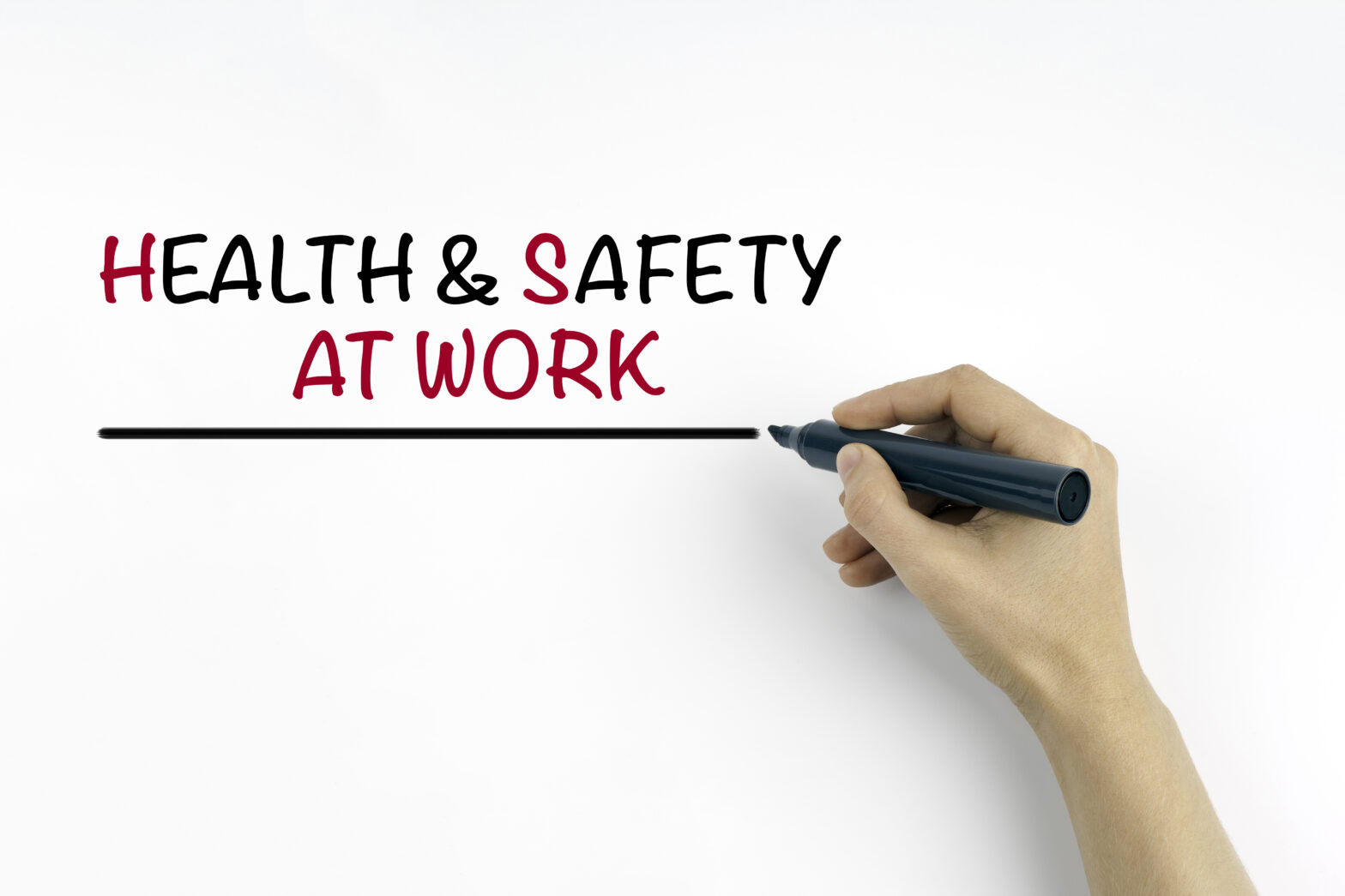Juggling the tasks involved with the day-to-day running of a business is tough. In the midst of monitoring revenue, organising workloads, managing employees and planning for the future, health and safety can often fall onto the backburner.
But with far more than just money at stake, it might not be something your business can afford to put off any longer. Your livelihood, your business’ reputation and even your freedom are in line – still think it can wait?
Health and safety prosecutions are on the up. In 2015/16, the health and safety executive (HSE) and the Crown Office and Procurator Fiscal Service (COPFS) prosecuted 696 businesses – that’s a 6 per cent rise on the previous year’s figure.
In many of the cases, these prosecutions derived from material breaches that stemmed from a Fee for Intervention (FFI).
And it doesn’t stop there. Of those 696 cases, a whopping 95 per cent were convicted, amounting in fines totalling £38.3 million (more than double the previous year’s total of £18.1 million).
That’s an average of £58,000 per case. Could your business afford to stump up that much cash? For many, it could be enough to put them out of business.
Colin Yates, chief support officer at WorkMobile, says, “UK bosses have a legal responsibility to keep their employees safe, so it’s extremely concerning to see that many are not even taking the most basic of steps to fulfil this duty.
“Failing to supply workers with information and guidance on health and safety policies could land business owners with a hefty fine, or even a prison sentence in extreme cases. But, along with risking legal action, businesses are also potentially putting their employees in serious danger. When staff are not trained on how to work safely, there is a greater risk of accidents happening.
“Every employee has the right to feel safe in their place of work, and it’s up to business owners to provide this. And given that society is becoming more innovative, with working practices constantly being improved, there is no excuse for not obeying with the law and fulfilling their business obligations.”
Here’s what £58k could buy your business







